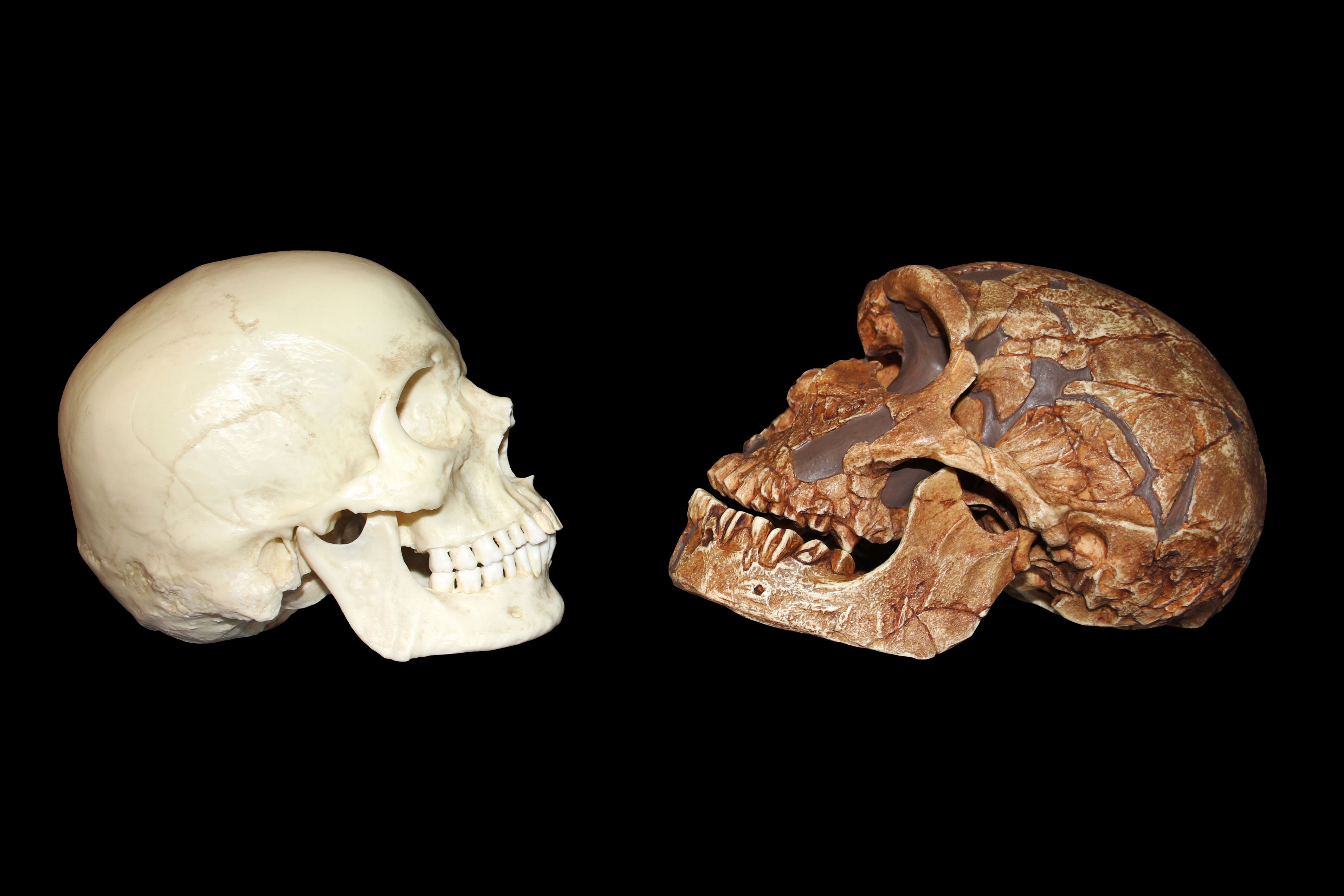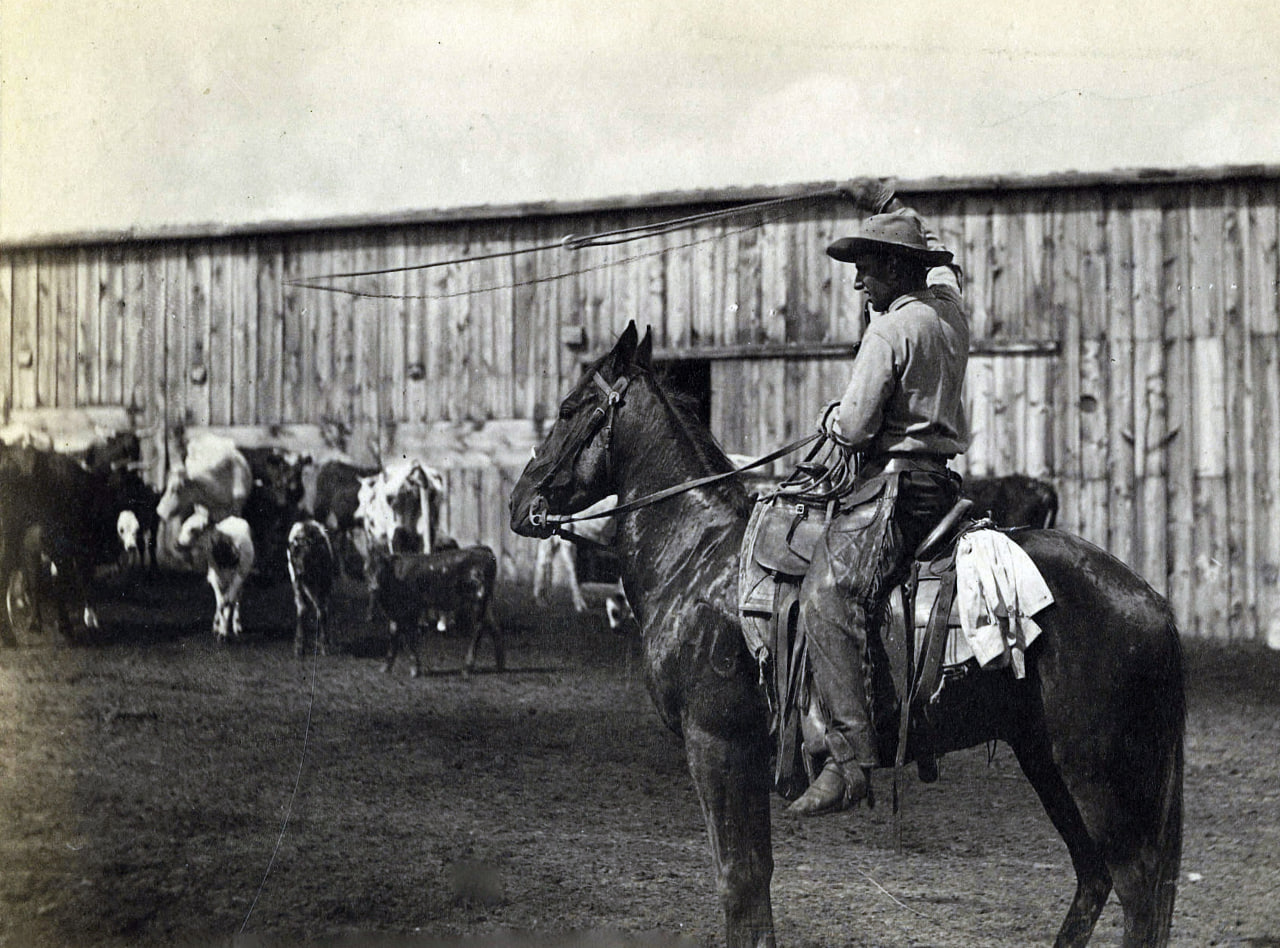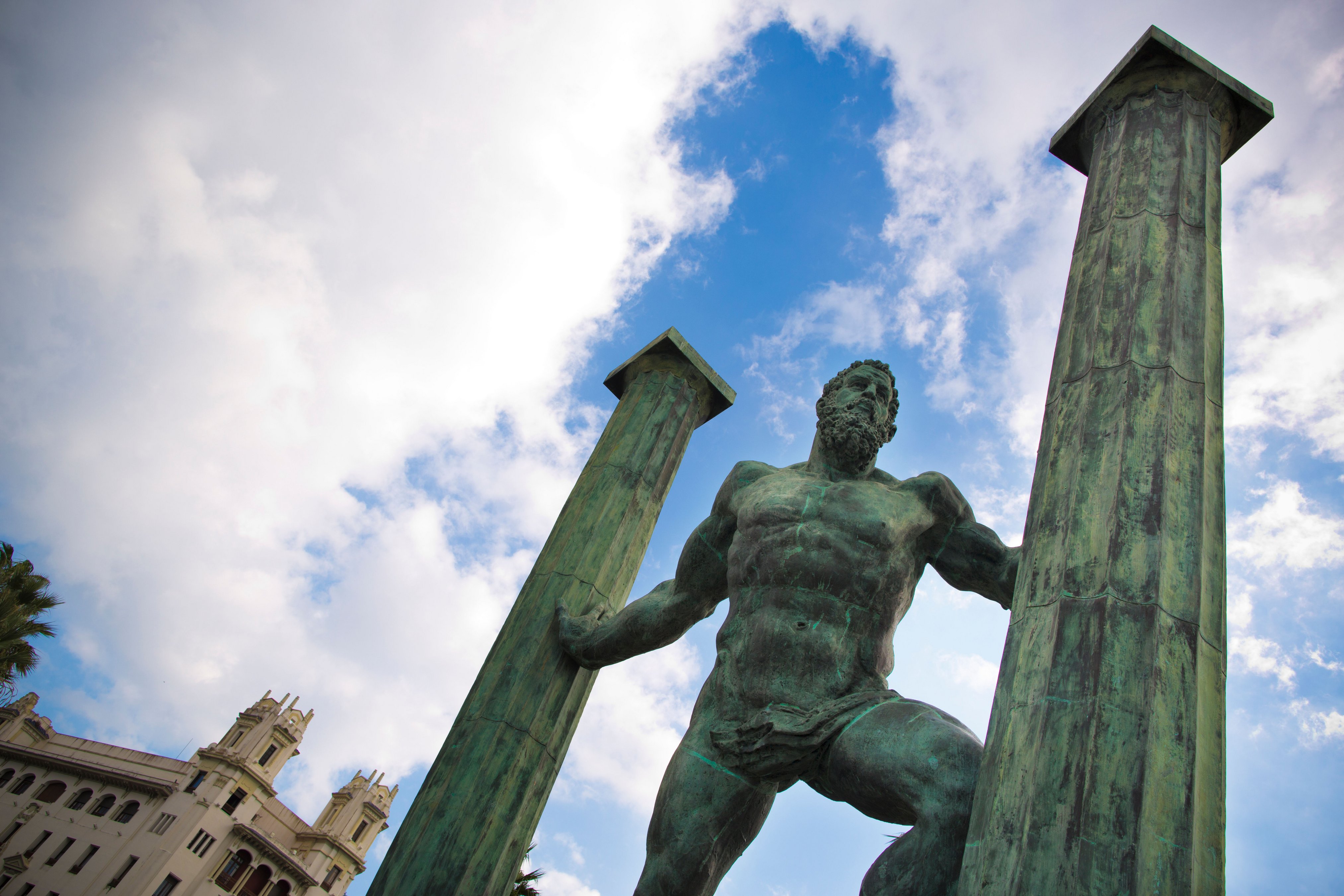How Hippocrates Broke His Oath
Xenophobia in Ancient Greek Medicine
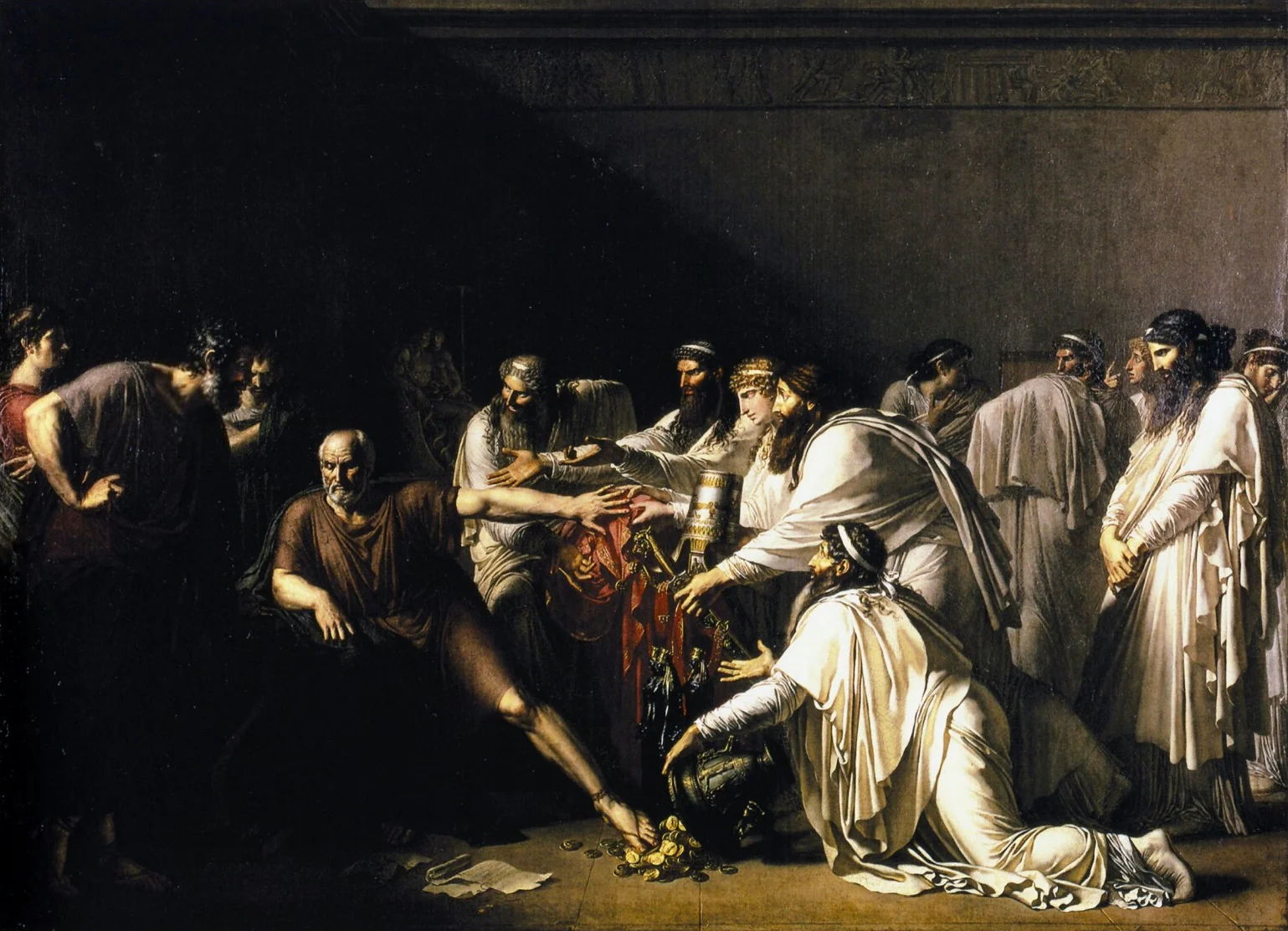
Anne-Louis Girodet-Trioson. Hippocrates refusing the gifts of Artaxerxes. 1792/Wikimedia Commons
The famous Hippocratic Oath, one of the best known ethical codes in history, contains a commitment for medical professionals to do no harm. It states: ‘Into whatever houses I enter, I will go into them for the benefit of the sick, and will abstain from every voluntary act of mischief and corruption; and, further from the seduction of females or males, of freemen and slaves.’
As hard as it may be to believe, it turns out that Hippocrates, the renowned Greek physician and the father of Western medicine, is believed to have broken his own oath at least once.
In the sixth century BCE, a fierce war erupted between the Persian Empire and the Greek city-states. The cause was exceedingly simple: the mighty Persians sought to conquer the small but wealthy trading cities of the Greeks without much difficulty and dominate the Mediterranean trade. The wars lasted half a century, and despite their significant military superiority, the Persians failed to subdue Hellas, and the Greeks successfully defended their independence. Naturally, ancient Greek historians described this confrontation in terms of good vs evil, freedom vs despotism, where, understandably, the Greeks represented the former. Calling someone a ‘Persian’ in ancient Greece was equivalent to calling someone a ‘fascist’ in our time. Interestingly, even during the Soviet and post-Soviet era, ‘Persian’ was often used less in its original sense but rather as a severe insult.
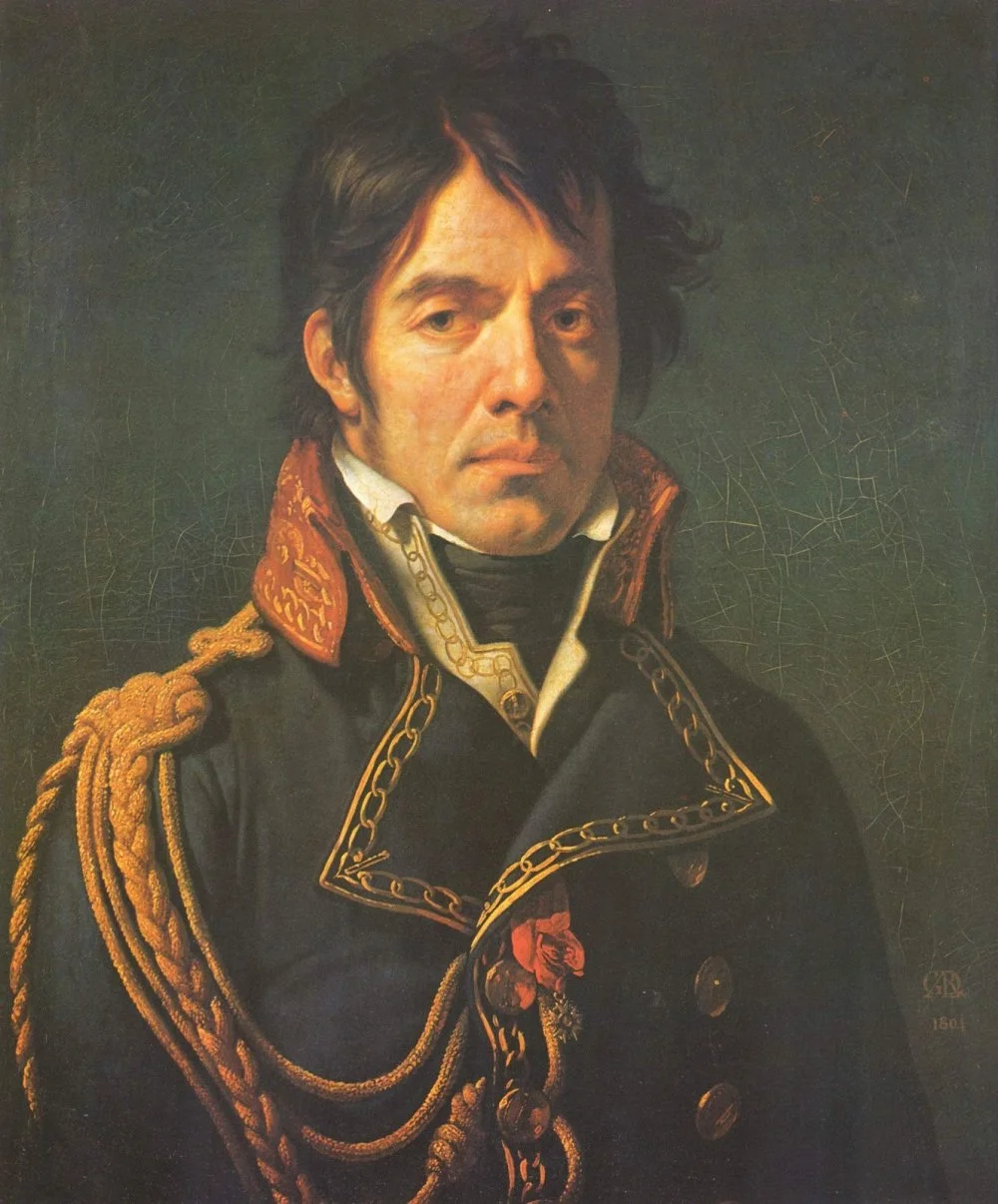
Jean-Dominique Larrey. Portrait of Anne-Louis Girodet-Trioson. 1804/Wikimedia Commons
Unsurprisingly, the events of the Greco-Persian Wars became the basis for numerous works of art. For instance, the French painter Anne-Louis Girodet de Roussy-Trioson (1767–1824), a historical genre artist, often drew inspiration for his paintings from Greek and Roman mythology, and some of his well-known works include The Sleep of Endymion, Pygmalion and Galatea, and even Ossian Receiving the Ghosts of French Heroes. But he also explored other historical themes, including the struggle between the Greeks and the Persians.
The subject of the painting Hippocrates Refusing the Gifts of Artaxerxes by Girodet de Roussy-Trioson is related to events that took place either at the end of the Greco-Persian conflict or immediately after the Greeks’ victory over the Persians. When an epidemic broke out in the Persian Empire, King Artaxerxes I sent envoys to Hippocrates with lavish gifts, inviting him to come and help. However, Hippocrates rejected the Persian king's invitation, which was conveyed by the governor Hystanes:
The physician Hippocrates greets Hystanes, the governor of the Hellespont. Convey to the king my response to the letter you brought me, saying it is from the Persian king. Respond to the king as quickly as possible that we have enough food, clothing, housing, and every possession sufficient for life, and that I am not willing to enjoy the prosperity of the Persians nor to relieve the illnesses of the barbarians since they are enemies of the Hellenes. Farewell.

Anne-Louis Girodet-Trioson. Hippocrates refusing the gifts of Artaxerxes. 1792/Wikimedia Commons
The story of Hippocrates' refusal raises several issues about medical ethics. His compatriots considered it a display of patriotism and praised him for it. Many centuries later, Girodet de Roussy-Trioson immortalized this interpretation of the event. In his depiction, Hippocrates proudly turns away from the confused and disappointed envoys, refusing even to look at the gifts they had brought. The painting is clearly divided into two parts, evoking the feeling that Hippocrates is ‘playing on a different team’. He is dressed simply, contrasting with the rich garments of the Persians, and he tramples the offered gold underfoot. The image of a physician, an altruist, and a person who rejects payment for treatment is often associated specifically with Hippocrates and his oath, in which, by the way, nothing about refusing payment is mentioned. According to various historical sources, Hippocrates received considerable payment for his medical services. He fought the plague in Athens, and when the epidemic subsided, the grateful citizens crowned him with a gold wreath and erected a monument in his honor.
However, in the French painter’s canvas, we see a patriot and altruist who refuses to cooperate with the enemies of his homeland. We could also interpret Hippocrates' actions differently. For instance, the famous ancient Roman politician Cato the Elder (234–149 BCE) concluded that Greek doctors could not be trusted:
Cato not only hated Greek philosophers but also looked suspiciously upon the doctors practicing in Rome. He had apparently heard of Hippocrates, who, when invited by the Persian king with the promise of many talents as payment, replied that he would never serve the barbarians—the enemies of the Greeks. Cato claimed that all doctors take a similar oath and advised his son to beware of all of them.i
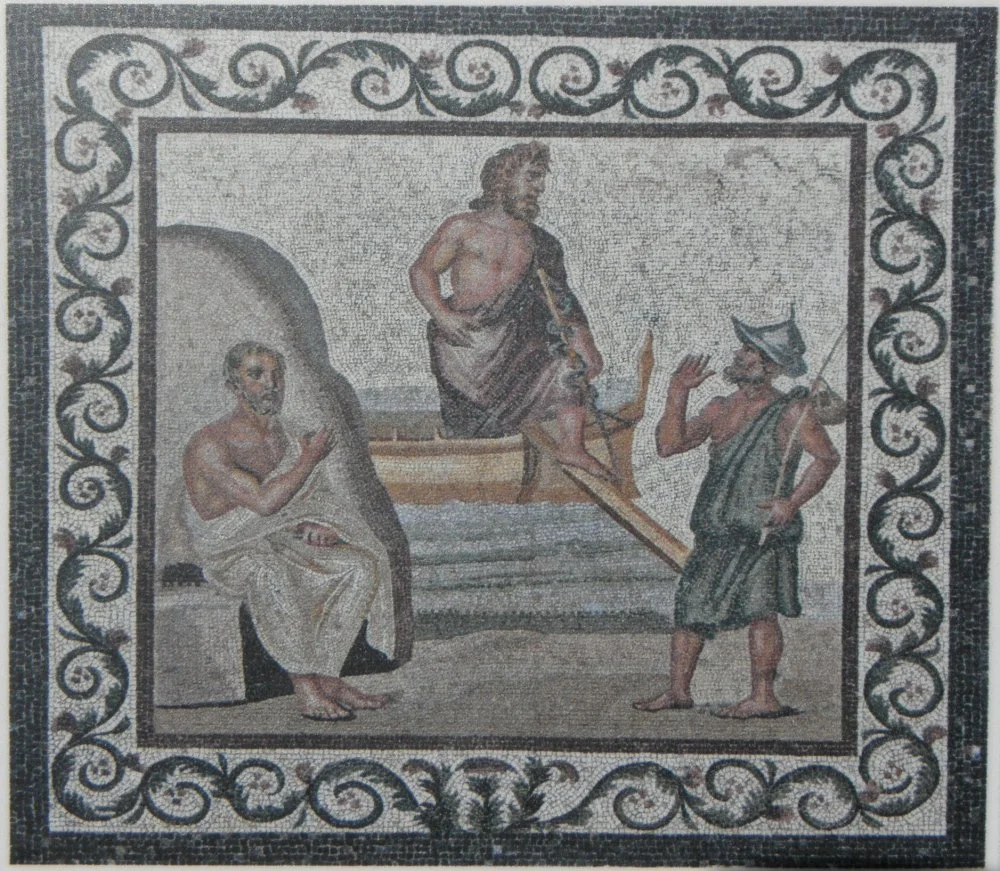
Mosaic Arrival of Asclepius, Archaeological Museum of Kos/Wikimedia commons
Modern doctors would argue, and rightly so, that refusing to provide medical assistance is a gross violation of medical ethics, the core principles of which are contained in the Hippocratic Oath. A doctor must be impartial and treat all patients equally, regardless of their background or political beliefs. In all contemporary texts of medical oaths, we find a promise to ‘act solely in the interest of the patient, regardless of gender, race, nationality, language, origin, financial and social status, place of residence, religion, beliefs, membership in public organizations, or other circumstances.’
As children, many of us have enjoyed Eduard Uspensky's wonderful tales of Gena the crocodile and his friends. However, some may have forgotten the incident where the elderly troublemaker Shapoklyak found herself in a sticky situation with a ball lodged in her mouth, forcing her to seek medical assistance.
An angry Shapoklyak tried to spit out the ball, but for some reason, it wouldn't come out.
What else could she do?
She had to run to the clinic to see the famous Dr Ivanov.
'Shubu, shubu shu,' she said to him.
'Shubu, shubu what?' the doctor asked.
'Shubu, shubu shu!'
'No,' he said. 'I don't sew fur coats.'
'No, not shubu, shubu shu,' the old woman mumbled again. 'A masik!'
'You must be a foreigner!' the doctor guessed.
'Yes, yes!' Shapoklyak nodded happily.
She was very pleased to be taken for a foreigner.
‘And I don't serve foreigners,’ Ivanov declared and kicked Shapoklyak out the door.
Dr Ivanov, a minor character in the famous children's story, behaved just like Hippocrates in Girodet de Roussy-Trioson's painting, and refused to help a patient, which is absolutely unacceptable, even if the patient is Shapoklyak.
On a more serious note, history provides many examples of doctors treating all patients regardless of their background. In the memoirs of Dominique-Jean Larrey, the chief surgeon of Napoleon’s army, there are descriptions of how he provided assistance to Russian prisoners in 1812. Nikolay Pirogov, who was the first to use ether anesthesia in military field conditions, recalled that his patients included captured Dagestanis: ‘I announced through an interpreter to him, and the Muslims gathered around him, that the bottle with ether contained a substance, the inhalation of which would transport the faithful to the paradise of Muhammad, to the abode of bliss and the houris. To my surprise, the wounded man not only showed less resistance to the effects of ether than our Russian soldiers but even inhaled the etheric fumes with some enjoyment. After regaining consciousness after the operation . . . he declared that he had been in some indescribably pleasant place where he would have liked to stay longer, thus confirming my statement about the miraculous effect of the substance.’
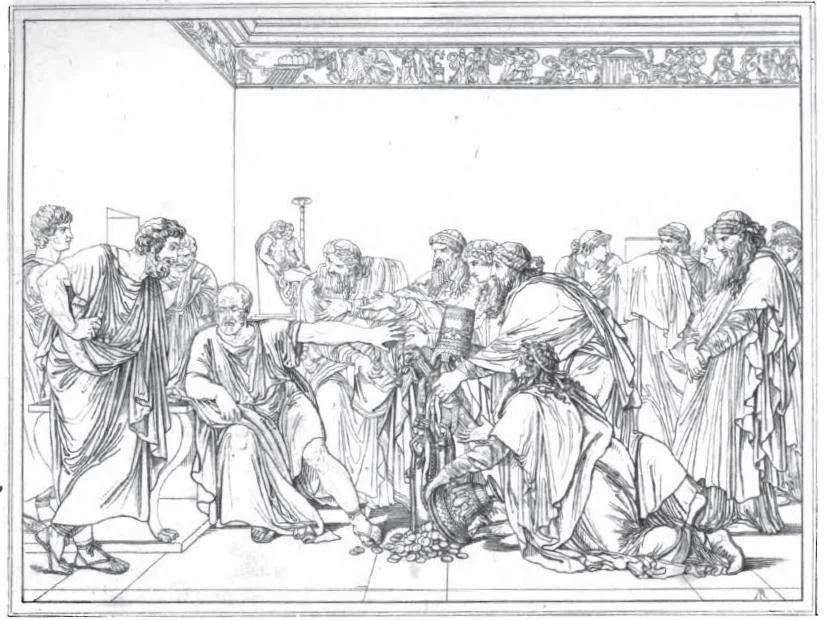
Etienne Achille Réveil. Drawing after Anne-Louis Girodet-Trioson. Hippocrates refusing the gifts of Artaxerxes. 1830/Wikimedia Commons
But the story of Hippocrates and Artaxerxes doesn't end with the physician’s refusal to help the Persians. The fact is that the Persians held Greek doctors in high regard, and there are several recorded instances of them being appointed to the Persian court, though their fates varied.
For example, not long before the events in question, the royal court of Artaxerxes was home to a widely revered medical practitioner known as Apollonides of Cos.
However, when Artaxerxes's sister Amytis fell ill, Apollonides stated that intimate relations with men were necessary to her recovery and offered his services. The ‘treatment’ did not work, and before dying, Amytis told her mother how Apollonides had behaved, after which the doctor was brutally executed by being buried alive. Undoubtedly, Hippocrates was aware of this story, and it most likely influenced his decision. Evidently, the position of court physician in the Persian Empire was not without significant risks to one’s well-being.
